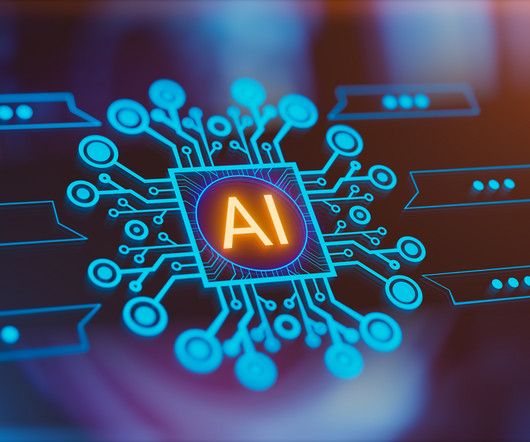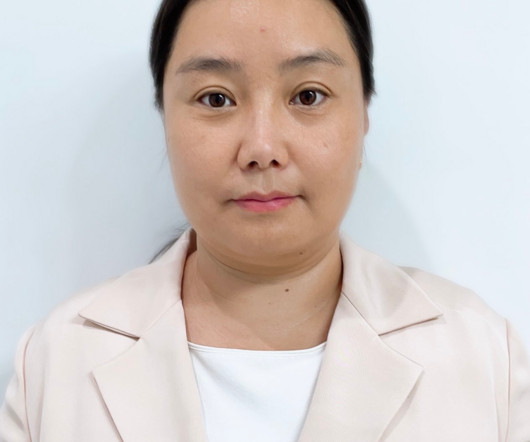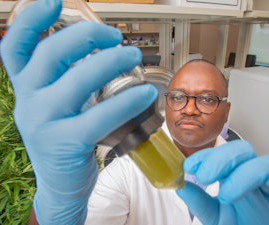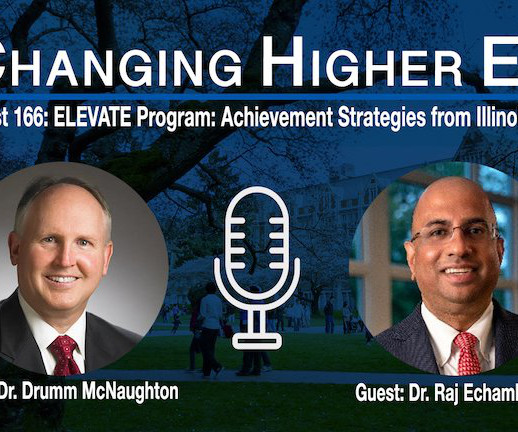Generative AI in Higher Education: Navigating Policy, Ethics, and Skills Development
HEPI
NOVEMBER 7, 2024
This HEPI blog was kindly authored by Simona Bizzozero, Chair, QS Reimagine Education Awards & Conference. The rapid advancement of generative AI is reshaping higher education, offering immense potential while also presenting complex challenges. This shift reflects the rising appeal of AI-related fields.















Let's personalize your content